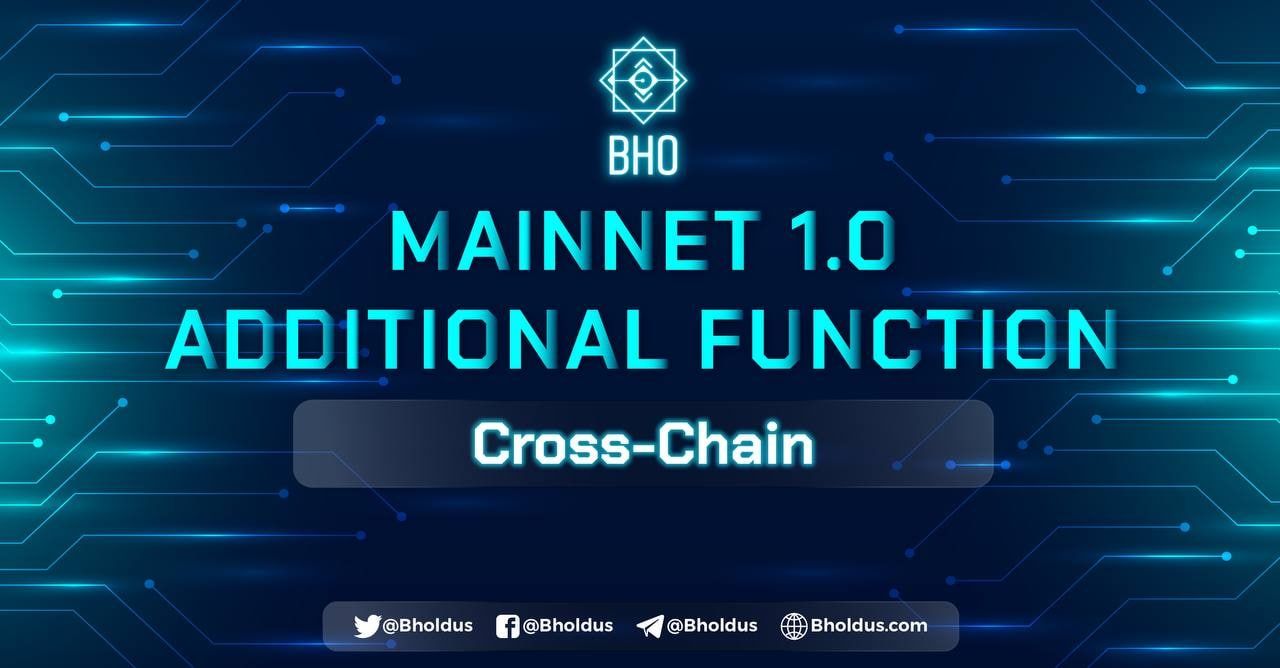- Blog
- Crypto News
- What is option contract? Definition of option contracts
What is option contract? Definition of option contracts
- 1. What is an options contract?
- 2. Classification of options (Options)
- 3 What are the components of an options contract?
- 4. How does options trading work?
- 5. What are the features of an option contract?
- 5.1 Advantages
- 5.2 Cons
- 6. Basic Options Trading Strategies
- 6.1 Hedging
- 6.2 Speculation
- 7. Option exercise fee
- 8. Option Types
What is option contract? What are the advantages and disadvantages of this term? How do options trades work? Surely many investors are still confused about these concepts. Through the following article, BHO Network will help you better understand the options contract.
1. What is an options contract?
Option Contract (Option Contract) is an agreement in which an investor entering the contract has the right to buy or sell an asset at a pre-determined price, and may occur before or at a particular time.
Investors buying options are not obligated to execute their position, but it is usually used to hedge against possible risks in existing situations or is used for price speculation.
2. Classification of options (Options)
There are two basic types of options that are call options and put options:
- Call Options: allow the contract holder to have the right to purchase the collateral in the future at a pre-determined price.
- Put Options: like a call option, a put option gives the contract owner the right to sell a guaranteed asset in the future at a pre-determined price.
Therefore, investors typically:
- Buy a call when anticipating an increase in the price of the underlying asset
- Buy a put when anticipating a fall in the price of the underlying asset
In addition, investors also combine these two types of contracts to their advantage based on predictions of market movements.
3 What are the components of an options contract?
An option contract consists of at least four components: The expiration date, the size, the strike price, and the cost of the option.
-
Volume: of the order is related to the number of contracts traded
-
Expiry Price: is the date after which the investor will no longer be able to execute-
-
Strike Price: is the agreed price at which the asset will be bought or sold (in a case when the buyer of the contract decides to execute the option)
-
Fee Exercising contract (Premium): is the purchase price of the option contract. The investor must pay that amount to get the option. Thus, the buyer will obtain a contract from the seller for the value of the option premium, and the premium will fluctuate as the expiration date approaches
4. How does options trading work?
We can divide it into 2 cases when an options contract has been purchased:
- If the 'strike price > field value,' the investor has no reason to execute the option, and the contract is considered useless. When the agreement fails to complete, the buyer loses the option premium they paid to buy the position.
- If the 'strike price < market price', an investor can buy the underlying asset at a low price and then add the exercise premium. They can choose to exercise the contract for profit.
One important thing to note is that while a buyer can exercise or not exercise their put and call options, the seller must still exercise the position if the buyer decides to exercise.
Therefore, if the call option buyer decides to execute the contract, the seller is also obligated to sell the underlying asset. Similarly, if an investor buys a put option and then exercises it, the seller must buy the underlying asset from the person who purchased the contract.
This means that the option seller bears a higher risk than the buyer. While the option buyer's loss is limited to the value of the option premium ever paid to purchase the contract, the option seller can lose more depending on the option's market price.
In some contracts, investors can exercise their own options at any time before the expiration date. Such agreements are often referred to as American-style options contracts. In contrast, European-style options contracts can only be exercised on the contract's expiration date.
5. What are the features of an option contract?
The features of option contracts are not popular in the Vietnamese market. Understanding the advantages and disadvantages of this derivative product will help investors have adequate trading preparations and strategies.
5.1 Advantages
- Investors use options to limit market risks for existing positions.
- Option fusion also allows investors more flexibility in speculating on the underlying asset's price.
- Multiple combinations and trading strategies are allowed with separate risk or reward mechanisms.
- Potential to profit from all market trends up, down or constant.
5.2 Cons
-
Contract fee calculation and working mechanism are not always easy to understand.
-
There are many risks, especially for the seller.
-
Trading strategies are more complex when compared to conventional alternatives. Low liquidity often affects options markets, making them less attractive to most traders.
-
When the contract expiration date is approaching, the value of the option contract fee fluctuates and tends to decrease.
6. Basic Options Trading Strategies
Investors often use a variety of trading strategies for hedging and speculation. Let's learn more about these trading strategies with BHO Network below:
6.1 Hedging
Options are commonly used as a hedging tool. Investors buy put options on positions they are holding. If the total value of the position they have is decreasing due to the falling price, a sell option can be exercised to help minimize the loss.
6.2 Speculation
In addition, options can also be used for speculative trading. For example, if an investor believes that the price of an asset is about to rise, they can buy a call option.
-
If the asset's price rises above the strike price, the investor can exercise the option and buy the asset at a low price.
-
If the market doesn't go how investors want, they can give up the right to exercise the option and only lose a fee.
7. Option exercise fee
The value of the option premium is affected by other factors. We can assume that the option exercise premium depends on the following factors: The underlying asset price The strike price The movement of the respective market (or index) The time left to expire date The four components have very different effects on the exercise fees of put and call options, as shown in the table below
Strike price and asset price affect option premiums in the exact way opposites. As the expiration date comes close, call and put exercise premiums decrease.
This is because traders have a lower probability for contracts to come out that must benefit them. Moreover, the market's high volatility will often cause the option exercise fee to increase. So, the options exercise premium results from these four factors combined with other influences.
8. Option Types
There are two main types of options that we need to know that are American-style and European-style options:
-
American-style options (American) Option): the buyer can exercise the right at any time before the expiration date.
-
European Option: the buyer can only exercise that right on the expiration date.
Besides, there are also some other unique options such as Barrier Option, Asian Option, Dual Option (Binary Option), Bermudan Option ( Bermudan Option), Standard Option (Vanilla Option), and Exotic Option.
Each option type will have a certain distinctive feature, in which there are two types of options that you may have heard or feel familiar with: Binary Option and Vanilla Option.
-
Standard Option (Vanilla Option): This is the common name for all the options mentioned above, except the Exotic Option (odd option). Since this option type has some rather complex financial structures, it is classed as a separate option type. Occasionally, people will only classify American and European options as Vanilla.
-
Dual Option (Binary Option):
-
Also known as a binary option. An option with the nature of "all or nothing." Accordingly, if the value of the underlying asset satisfies a pre-determined condition from when the contract is signed to the expiration, the option holder will be paid out of the contract.
-
Otherwise, nothing will happen. In the market, binary options are also operating on this principle, but there are some unique characteristics of this market and also depend on BO brokers.
-
So, we have learned about the option contract, its classification, and its advantages - disadvantages. Before using these types of contracts, traders should clearly understand how it works to deliver the best possible profits. Hopefully, BHO Network has helped investors answer the question: What is option contract?
Published on August 02, 2022
Tagged topics







